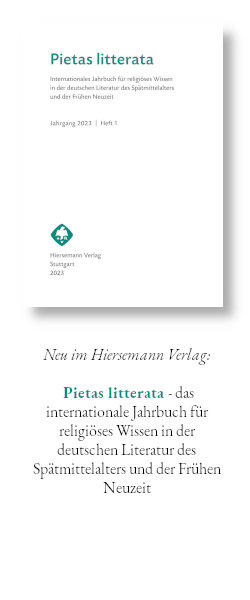Nicolaus Ellenbog’s ‹Morologia›
Schlagworte:
Nicolaus Ellenbog, ‹Morologia›, history of madness, late-medieval and Renaissance ethicsAbstract
Nicolaus Ellenbog’s ‹Morologia› (written in 1511) does not have the literary qualitiesof Erasmus’s ‹Moria encomium›. Nevertheless, this sermon, in which a fool calledHenne is portrayed as a model for the Benedictine monks of Ottobeuren, throwslight on Ellenbog’s late-medieval or Renaissance ethics. Rejecting curiosity and thevanity of the world, Ellenbog advocates the care of the self, righteousness, and charity,and extols the quasi-ecstatic enjoyment of reading and meditating. Comparedwith his ‹De pietate› (written some twenty years later), his ‹Morologia› may seem tohave a more humanistic flavor, due not only to the more refined style, but also to thenumerous references to classical and Neo-Latin authorities, which are absent in hisanti-Lutheran tract on piety. In both works, however, Ellenbog adheres to the samepatristic ideal of humanitas. The appendix offers a critical edition of his ‹Morologia›.


